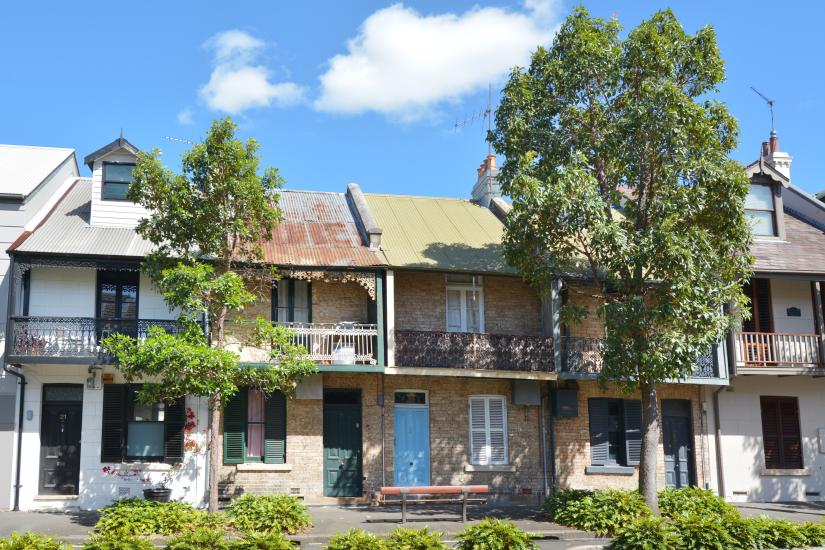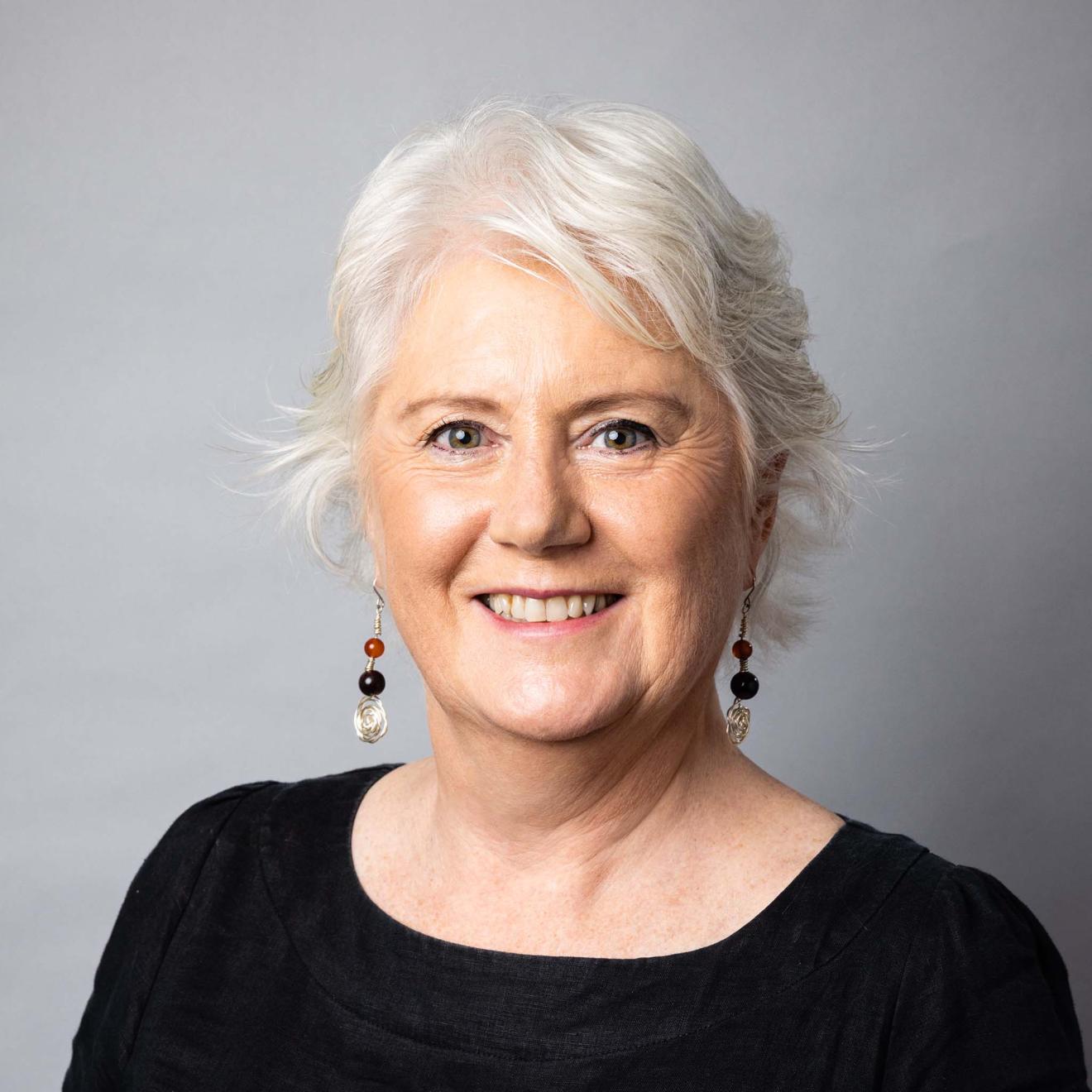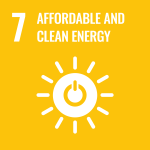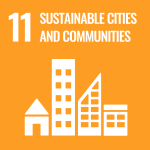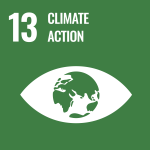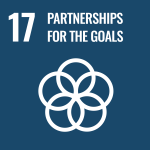Background
National and state governments have adopted a target of achieving net zero emissions by 2050, with NSW committed to an interim goal of 50% emissions reduction (over 2005 levels) by 2030. The Climate Council recently called for faster reductions—recommending a 75% reduction by 2030 and net zero emissions by 2035.
While improving the environmental performance of new buildings is critical, a significant proportion of all buildings that will exist in 2050 have already been built. Recent research by Climate Works Australia illustrates that alongside greening the electricity grid, the energy performance of existing housing will need to improve by nearly 50% to achieve net zero emissions. This will require significant energy efficiency upgrades to existing housing stock, including many of the more than 150,000 social housing dwellings in NSW.
The challenge
The technology for shared solar for apartments is now available and tested. However, these shared solar applications cannot be readily replicated by social housing providers, as the housing provider does not capture sufficient benefit to overcome reliance on grant funding to apply shared solar across their portfolios. This project seeks to research and design a financially self-sustaining model for shared solar and thermal upgrades of social housing apartments.
Our approach
Approached through a pilot in the inner Sydney suburb of Glebe (and nearby areas) in partnership with Bridge Housing, the UTS Institute for Sustainable Futures (ISF) is leading transformative three staged research project aimed at retrofitting existing social housing structures across Australia.
In this first stage, the project will research and design the replicable model, working with a wide range of stakeholders to design a rollout that fills any capital shortfall through NSW/Federal funding, green bonds or other long-term finance, social impact investment, or in-kind from local partners.
Stage 2 will implement the pilot across (up to) three strategically selected buildings, and Stage 3 will support the broader deployment of the model across the Australian social housing sector and within the wider Glebe area.
Project impact
This project is an enabling step in a program to develop and rollout a place-based model with significant expected impacts. These include:
- reduced greenhouse gas emissions
- reduced customer energy bills
- improved thermal comfort and health outcomes for vulnerable residents.
Through adaptation and application of this model at other sites, the program is expected to make a substantial contribution to the creation of zero-emissions homes across Australia that are energy efficient, healthy and comfortable.
The planned interventions that will deliver these impacts include a combination of:
- rooftop solar (on both houses and apartments) with energy use monitoring
- thermal envelope interventions such as draught proofing, insulation and curtains
- efficient and/or flexible water heaters, paired with necessary smart meters and tariffs
- in the electrification case, including induction stoves (while switching out gas heating/cooling and water heating).
The project will also assist in the formulation of guidance and tools on energy efficiency upgrades for CHPs and state governments.
Importantly, this initiative is not confined to Glebe alone but serves as a blueprint for broader societal impact. There are 150,000 social housing dwellings in NSW alone. By 2035, we expect the model to be applied to at least 100,000 households across Australia, with resulting cumulative bill savings of $405 million and cumulative GHG emissions reductions of over 1.4 million t CO2-e. This does not include the value of future bill savings facilitated by the interventions, nor the substantial value of the health and comfort benefits.
Research outputs
Glebe Energy Transitions: A place-based upgrade model for social housing (Report) (2025)
MEDIA
Scaling the energy transition in Australian social housing – ISF News, August 2024
Researchers
-
Research Director
-
Senior Research Consultant
-
Senior Research Consultant
-
Program Lead - Healthy Environments
-
Research Director, Strategic Energy Collaborations
-
Research Principal
Years
- 2024-2025
Client
- Department of Environment, Climate Change and Water (NSW)
Funded by
- CRC Race for 2030
SDGs
This project is working towards UN Sustainable Development Goals 7, 11, 13 and 17.


